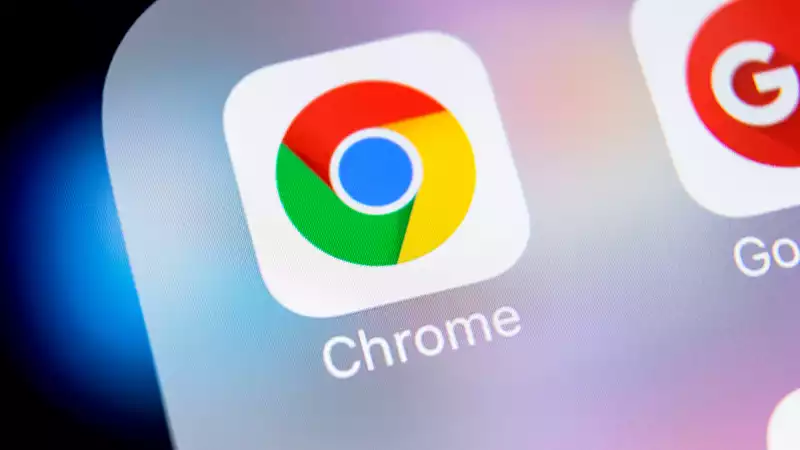This is because updating the desktop Chrome browser will patch a zero-day flaw that is being actively exploited by undisclosed hackers
Google's official Chrome blog states that the vulnerability, catalog numbered CVE-2021-21166, is an "object lifecycle issue in audio" with a severity of "high" and that Google is "aware of reports" of the flaw being exploited Google states only that it is "aware of reports" of this flaw being exploited
Google's general policy is not to release too many details about vulnerabilities before a patch is widely deployed The flaw is considered a zero-day flaw because it was exploited before Chrome was aware of the flaw's existence
To update Chrome on Windows or Mac, you must close and restart your browser But just to be safe, click on the settings icon (the icon that looks like three vertical dots) in the upper right corner of the browser window
In the pop-out menu that appears, slide the cursor down to select "Help" and click "About Google Chrome" in the pop-out menu that appears
Chrome will open a new tab and notify you if your browser build is up-to-date If it is not up to date, Chrome will automatically download an update and prompt you to restart your browser We want to end up with version 890438972
Linux distributions typically update the Chrome browser through regular updates that cover all installed software
The vulnerability was discovered by Allison Huffman of Microsoft's browser vulnerability research team Huffman was the one who discovered the other two flaws that were patched in this week's Chrome update, for a total of 47 flaws patched










Comments